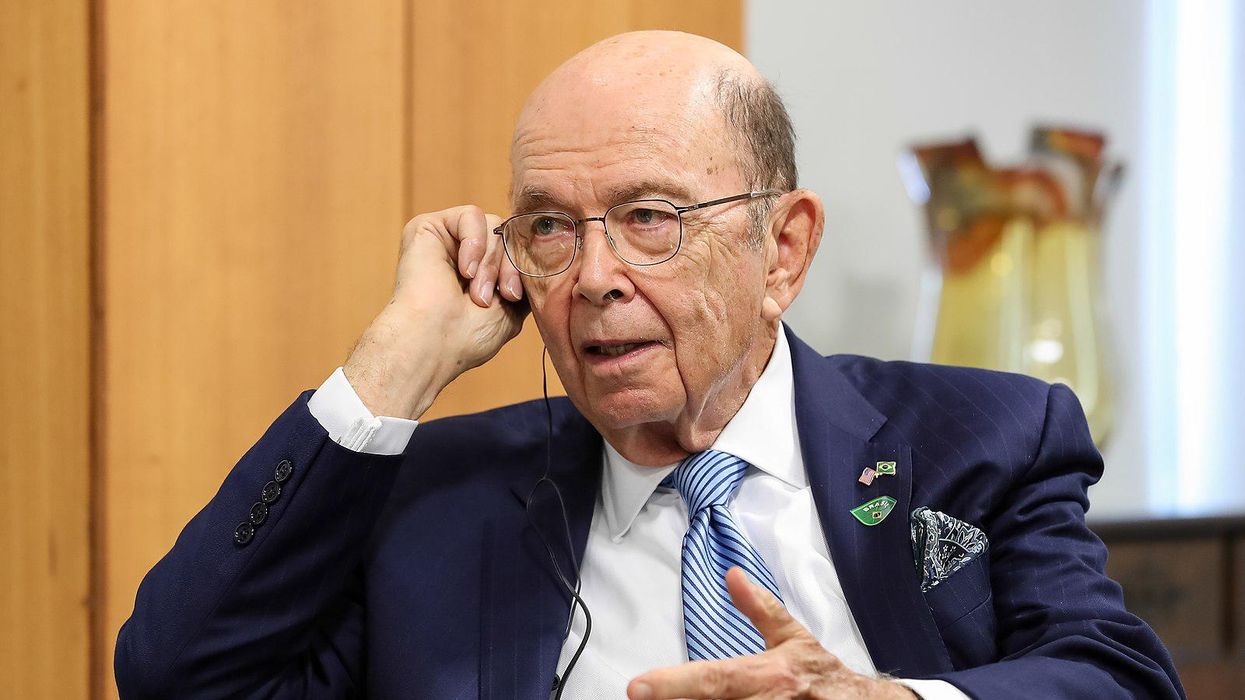Ross Raked In Over $53 Million As Trump's Commerce Secretary
Reprinted with permission from Alternet
The Commerce Secretary appointed by former President Donald Trump is said to have earned at least $53 million while collecting a taxpayer salary for a position that required him to work in the best interest of the public instead of focusing on his own profits.
According to HuffPost, Wilbur Ross' earnings were a focal point of a recent complaint filed by the watchdog organization, Citizens for Responsibility and Ethics in Washington (CREW). During his four years working under the Trump administration as the head of the U.S. Commerce Department, Ross reported making "somewhere between $53 million and $127 million."
CREW reports that the figures are based on three different yearly financial disclosures along with Ross' final termination report which the watchdog organization obtained from the U.S. Office of Government Ethics.
Ross' financial disclosure filings have triggered complaints about the conflict of interests between his position and profitable affiliations. The watchdog organization sounded off about Ross' entanglements with a number of private companies while holding public office. Since the federal government only requires outside income to be reported in "broad range," CREW also believes there is a high likelihood that Ross' profits were "significantly more" than reported.
"Wilbur Ross reported making a minimum of $53 to $127 million in outside income during his four years as secretary of commerce for Donald Trump," CREW said in its statement. "It is possible that he earned significantly more as he was not required to specify certain income totals over $1 million. Even in an administration characterized by corruption, Ross became notorious for mixing personal business with his government role."
The statement added, "It is impossible to know Ross's exact income because it was reported in broad ranges, but it is clear that while running the agency in charge of promoting economic growth and regulating global trade for the United States, he made tens of millions of dollars."
The latest complaint against Ross comes just months after the release of a report by the Commerce Department's Inspector General's Office. While Ross was cleared on speculation of insider trading, the report did indicate that he had "violated the federal standard of failing to avoid the appearance of ethical and legal breaches."




